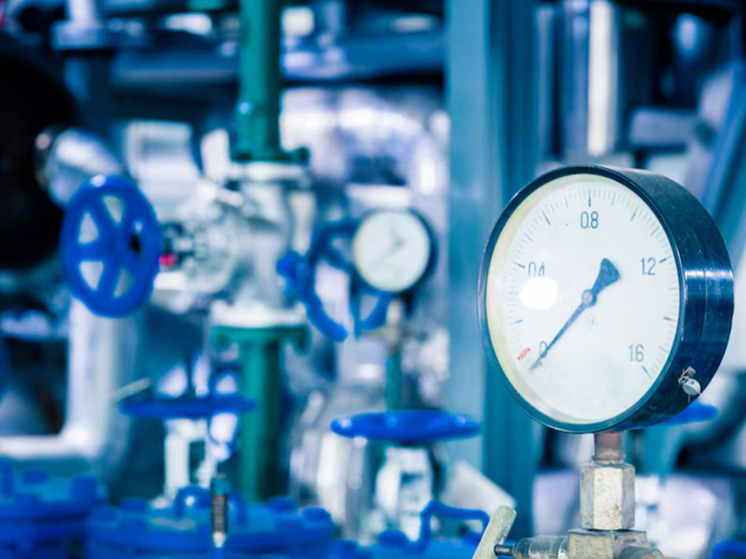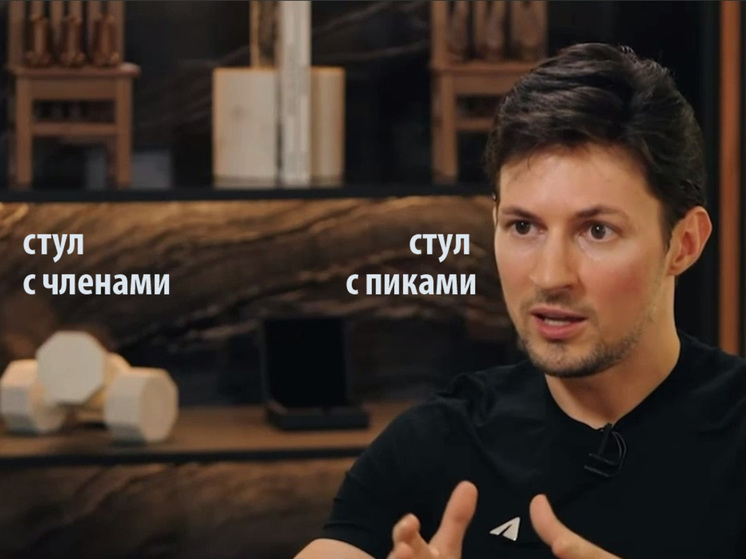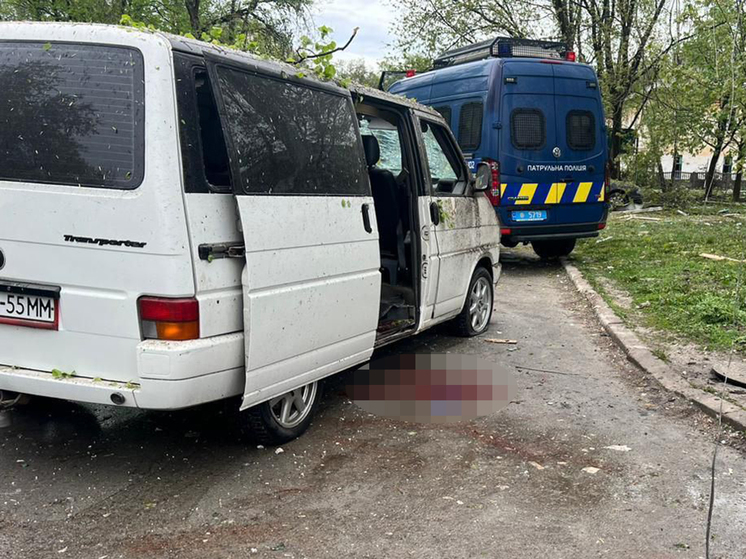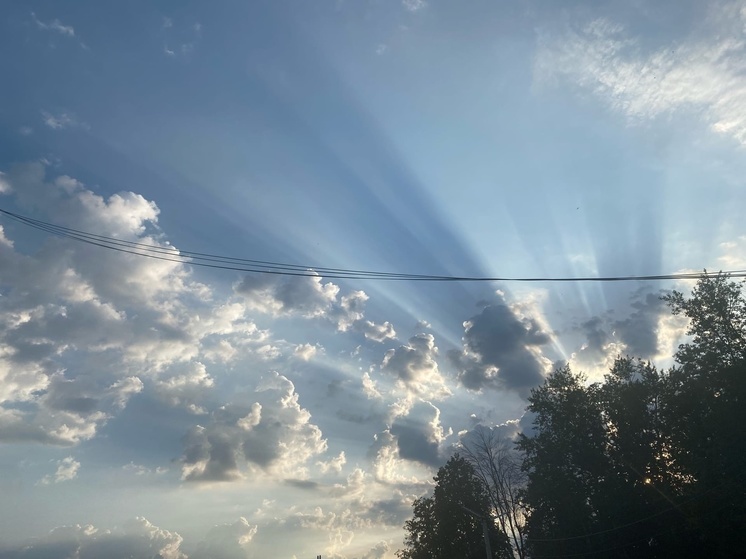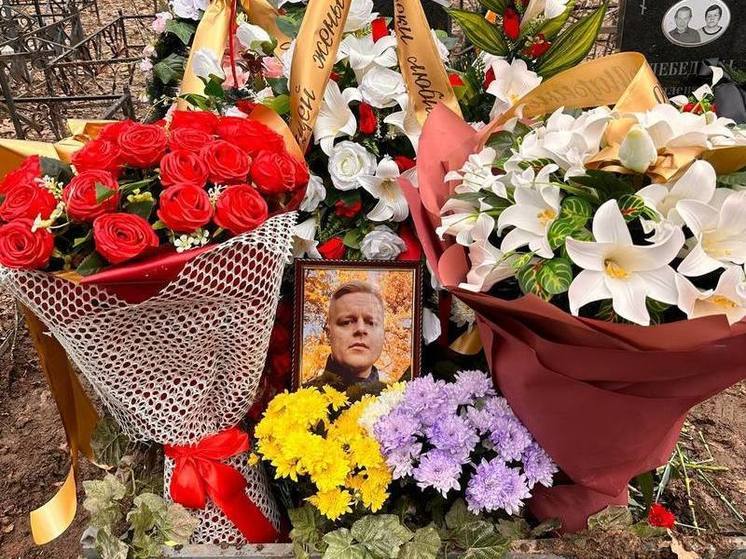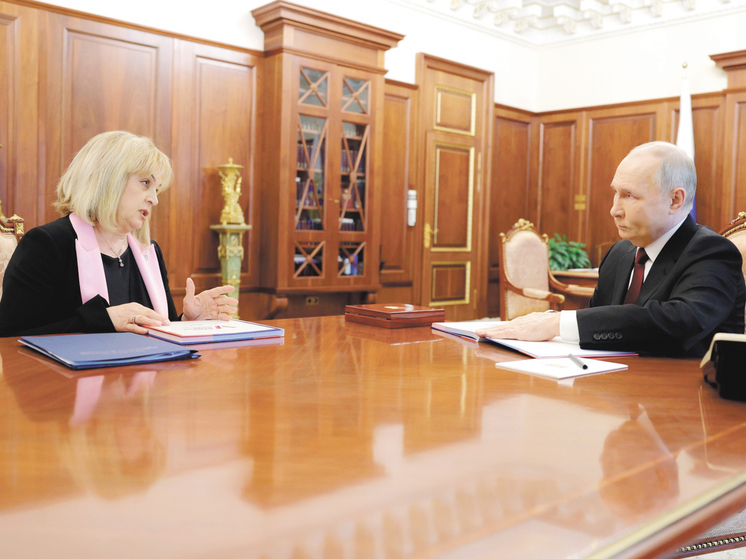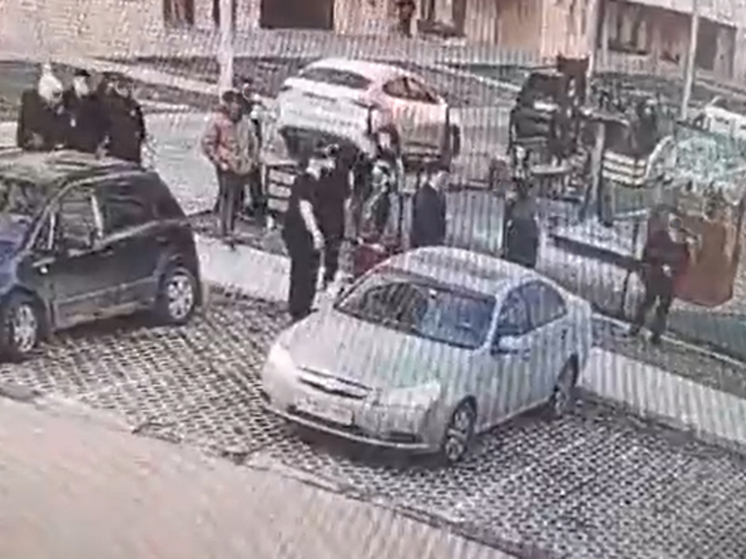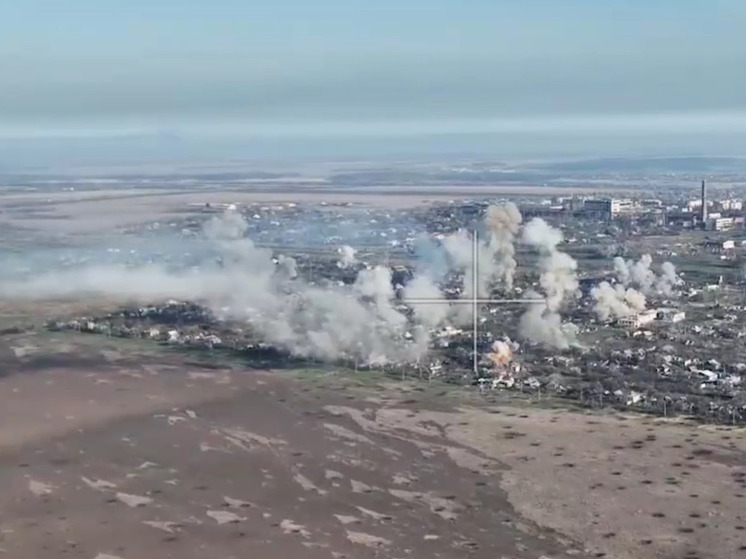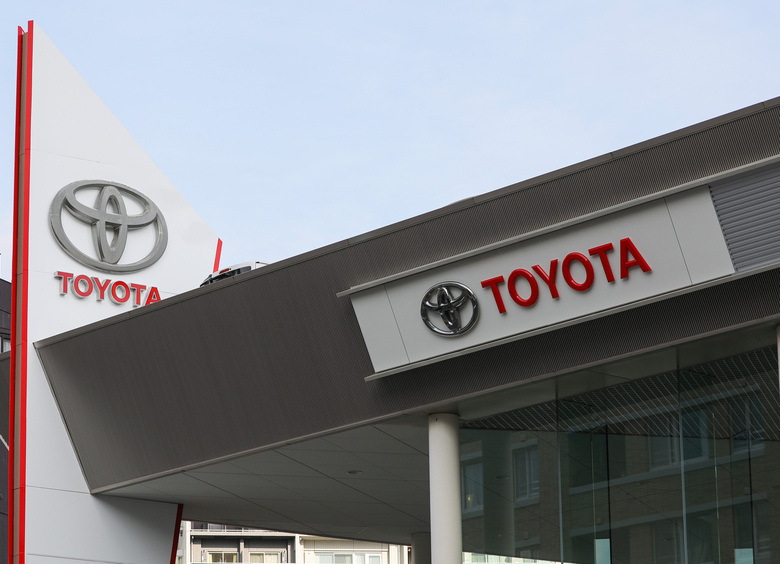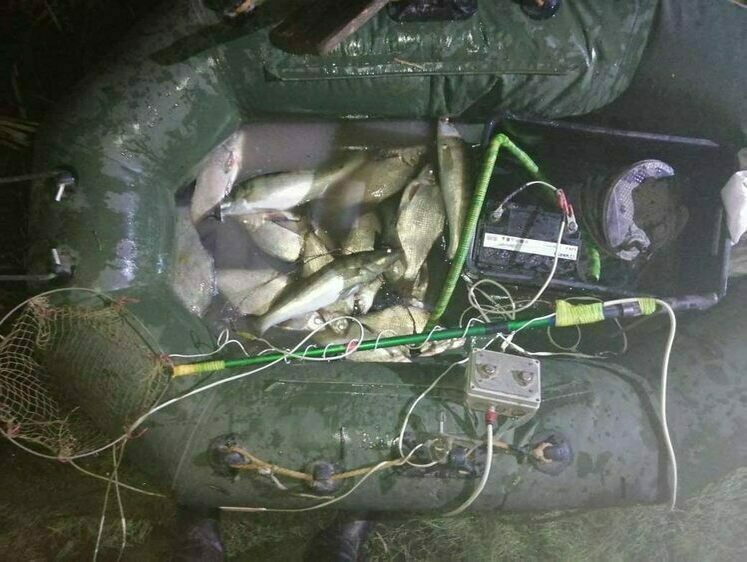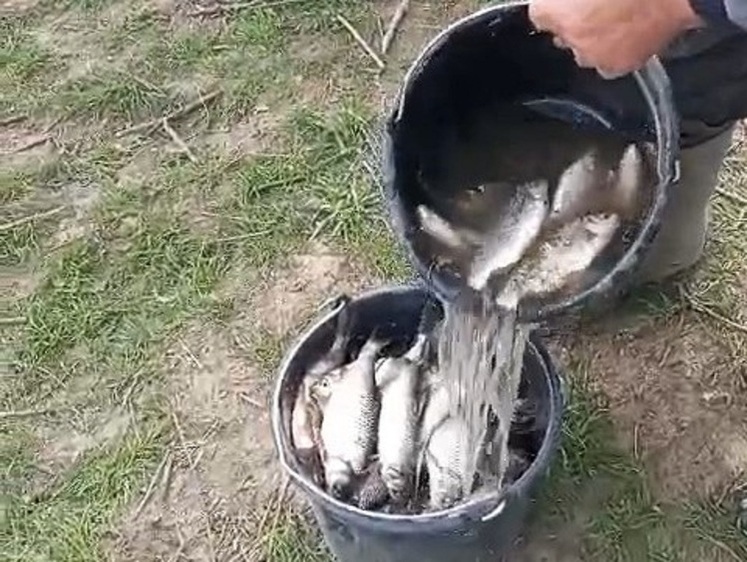
Political correctness and redistribution of wealth
Russia of the second half of 1999 was the quintessence of disorder. Since the end of 1999, chaos, war, terrorist attacks, and fear of future. The political system was ruined.
The overall task was just to establish order; and that was done, as law enforcement authorities understood it, within the first year of Putins presidency. Its no wonder: this is their socially useful function. And the worst, even ineffective, order is better than the best chaos whether it is effective or not.
However, order is not an end in itself; it is required for evolution. And that is what security officials were not taught to do. So, instead of organizing evolution, they still reinforce order, eliminating illusory threats.
No doubt, positive changes are quite significant. Under and, perhaps, to some extent thanks to Putin our society realized during these four years that we did not live in the remnants of the great Soviet Union, but in Russia, which is not only an independent entity but also an independent value. This is a great achievement that the Russian society should be proud of.
It is very important that Russians are no longer ashamed of speaking about national interests of Russia, while it is not so long since you risked losing your position in a State authority for even mentioning this term. However, its meaning has yet to be defined. So far all attempts to build an integrated and clearly defined system of strategies and concepts have ended up in incoherent and vague words. Nonetheless, we are at least not afraid that our national interests could differ from, for instance, interests of the U.S.A. It is also an achievement.
And the most important thing is that we are currently struggling to a new national idea, a national ideology, which represents a synthesis of liberal and patriotic values.
BR: In what proportion?
It is too premature to speak about proportions, it is not clear yet. On the one hand, even patriots agree that a policeman has no right to beat them on the head; it has become obvious for everybody. Everything must be in compliance with the law, even though the law is not perfect, because a bad law can be corrected, while abuse of power cannot. On the other hand, even die-hard democrats are beginning to realize that we have common interests that should prevail over our personal ambitions, and that minorities are to be defended after the majority has been secured. And this is one of the elements of the ideology to come. Life makes people adjust their views and reach a certain overall national consensus, though in different ways.
BR: Does it mean that the State authorities are now the centre of power?
It depends on the authorities. If they understand such trends, they will become the centre of power; but we are still far away from it. The problem of the State is that it must perform its obligations to the society, and it cannot and even does not want to admit existence of such obligations!
The personal power of the President lays in his brilliant intuition that helps him during crises. As soon as Putin starts acting by intuition in critical situation, he acts ideally. But intuition of one person cannot replace the whole State system.
BR: Do you agree with Yegor Gaidar that, despite a favourable external business environment, time for structural economic reforms has been lost?
Sure. Most probably. Though if you think it over... What are structural reforms for Gaidar? It is destruction of the country. If time to destroy the country has been lost, thank God!
BR: Apparently, he meant modernization of the economy, including a reform of natural monopolies
Modern reforms are not aimed at modernizing economy or increasing life quality of people; instead, they are aimed only at creating new business opportunities for companies. This is a noble objective, which is not, however, sufficient; given that business interests sometimes go against social interests. Thus, an energy sector reform will create a new market at the cost of lower reliability of the energy system and a higher risk of a dramatic increase in prices. That is, this reform simply undermines our national competitiveness. The Gazprom reform seems to be suspended. The last thing that we would want to have is disorder in the gas industry. I could continue the list. The reform of the Ministry of Railway Transport is relatively harmless, as railway employees are professionals who understand their responsibilities.
BR: What do you think of the new relationship between business and the government?
Putting one half of businessmen in prison and frightening the other half would not change the situation. For the doughty security officials in uniform who would come to replace business oligarchs would act and think as businessmen. When they say that privatization results are to be revised, they forget that Abramovichs assets will not be given to Kosygin, but to a similar Abramovich whose only difference will be his uniform. To the one who is hungrier and less effective, because during all these reform years he was sitting on his hands.
Informally, the State gets control over the business. If, for instance, we were undergoing nationalization, then the authorities could be held responsible for inefficiency of management, but, officially, companies remain private and government representatives who influence them cannot be held responsible for consequences of their actions. This predetermines not only their inefficiency, but even destructiveness of such influence.
Since Mikhail Khodorkovskys arrest, expenses of businessmen for informal interaction with State authorities in Moscow have become, as some reasonable businessmen complain, 1.5 to 3 times higher.
BR: Does that mean that corruption underwent structural changes too: bribes have become less frequent but larger?
Not exactly. As it can be understood, bribes have become more frequent though, indeed, larger.
BR: German Gref was responsible for the concept of economic reforms. How would you judge his work?
German Gref has developed a 10-year economic strategy. The government considered it and did not dare to enact it as required because of its flagrant inadequacy. Only later the government adopted it sotto voce by a procedural decision. This strategy is not constructive. Gref embodies liberal fundamentalism, the present-day Gaidar. When he encounters the reality, he has to mumble something reasonable on the industrial policy and the national security. But, as far as I know, he is not ready at all for constructive work by his nature.
Mikhail Kasyanov, who against his will has grown from a technical prime minister into a political one, is undoubtedly one of the most intelligent persons in our country. Now, after his dismissal, he has excellent strategic prospects. The other thing is that it will be difficult for him to implement them.
BR: Do you think that Vladimir Putin has already found his successor?
I am convinced that Putin sees his successor every time when he looks at the mirror. It is too early for Vladimir Putin to search for successors. The current President is most likely to be re-elected once again, for one simple reason: a constitutional majority is not achieved with such great efforts just to look at it. It is unprofitable.
BR: And still if we assume that the President is not re-reelected for the third term, will he decide to conduct unpopular reforms if re-elected for the second term?
I hope not. Putin rules taking account of public-opinion polls. That is his weakness and his strength; that is the reason why he is so popular. In addition to his excellent intuition and very high personal presentability.
What do unpopular reforms mean? Continuing to dump the country as liberal fundamentalists would do? He will not do it.
BR: The power landscape and governing political elite as we have them now, are they our fair future as communists used to say?
No, it is our fair past. How does a normal political system function? The public says: We want some bread and butter. And some caviar, and a bit of constitution. The elite transforms such vague desires as clear objectives, and then the State machine finds itself between the beetle and the block. The masses go on demanding and the power asks every day: OK, guys, why isnt Item 184 of Minutes 96 of 2 January still implemented? Do you want to lose your job or get your rank lowered? And the state machine has to work, and the policy is implemented.
Practice shows that we can do without democracy, if the society has a super-responsible elite that represents its objectives in the right way. It does not matter why it is responsible. There can be different motivations. Patriotism, or even morbid self-love. So, evolution may continue even without democracy; because this elite, since it is responsible, will directly express wishes of people. Besides several periods in our history, I can mention successful examples of South Korea, China, Japan, and Malaysia.
But this way is not for us: our elite cannot be responsible by definition, as it has been formed in the course of deliberate plundering and destroying of our country.
BR: In addition to responsible governors, oil prices are vital for Russia. How long will high prices keep?
Last year the world oil production exceeded consumption, though just a little, for the first time in three years. If OPEC is forced to breach its recent decision to reduce production by 8%, this will allow bringing oil prices to a new level, about $22 per barrel. It is normal for the state budget, but not so good for our economy, as it is used to being fed with oil dollars and will slow down without them. After oil prices have dropped to $22 per barrel, we will have 2-3 years left.
BR: How serious can be an economic crisis?
It is too early to forecast anything: oil prices are still high. It is important that the crisis should not fall on the period of an infrastructure collapse and elections. One thing is to have a crisis a year before parliamentary elections, and a quite different thing is to have it during such elections or on the eve of the 2008 presidential elections. Any reasonable person would try to accelerate the crisis.
Most Russian market players understand the threat of a crisis. As soon as they feel something, they will start act accordingly anticipating the crisis.
BR: So, in 2007?
Rather in the autumn or spring of 2006. But if oil prices fall in 2005 and not in 2004, it is most probable that the crisis will be postponed to the period after the 2008 presidential elections. And, to all appearances, they will try to do it by all means.
BR: Can the license war of the government against oil companies become a mechanism for redistribution of assets?
What do you mean by can? It has already become such a mechanism: the license to the Talakan field has been withdrawn from Yukos and given to the politically correct Surgutneftegaz. Such power demonstration is sufficient to tame all oil companies.
BR: Is the idea of creating a new state-owned oil company likely to be resumed?
It is a way to frighten the oil businesses so as to force them to behave in the right way. Why not create an oil monopoly as is the case with Gazprom in the gas industry? Only because it will be a state-owned one, and the state will be responsible for its performance. If a private company goes bankrupt for it has given away as much money as it has been asked for, it is the problem of its inefficient management and stupid shareholders. Consequently, the situation in a state-owned company is the responsibility of state officers. Motivation is vital in this case. If people are concerned with higher efficiency, it is possible and necessary to create a monopolized oil company. Probably, the whole raw material sector should be owned by the state. But first we should calculate all long-term consequences.
BR: How efficient is the staff policy of the President? His staff members come, as a rule, from Saint Petersburg or from special services.
They usually come from one and the same environment. But this is not the most important thing. Simply when people are inefficient, they will be reminded of their profession, skin colour, and place of residence. I think that Petersburg has many normal efficient managers. But they are selected by other principles. The early Yeltsin produced an excellent phrase: I am a happy person, for all my advisers are cleverer than I am, and all my organizers manage better than I do. Our current President cannot say the same of his subordinates, because his staff are not selected based on their professionalism, but on corporate ethics and place-of-residence principles, and personal loyalty. We dont say that security officials are inefficient because we dont like KGB; we say so because law enforcement structures underwent the largest degradation during the reforms. Moreover, the current power is not able at all to delegate responsibility, which means that it does not know how to govern.


